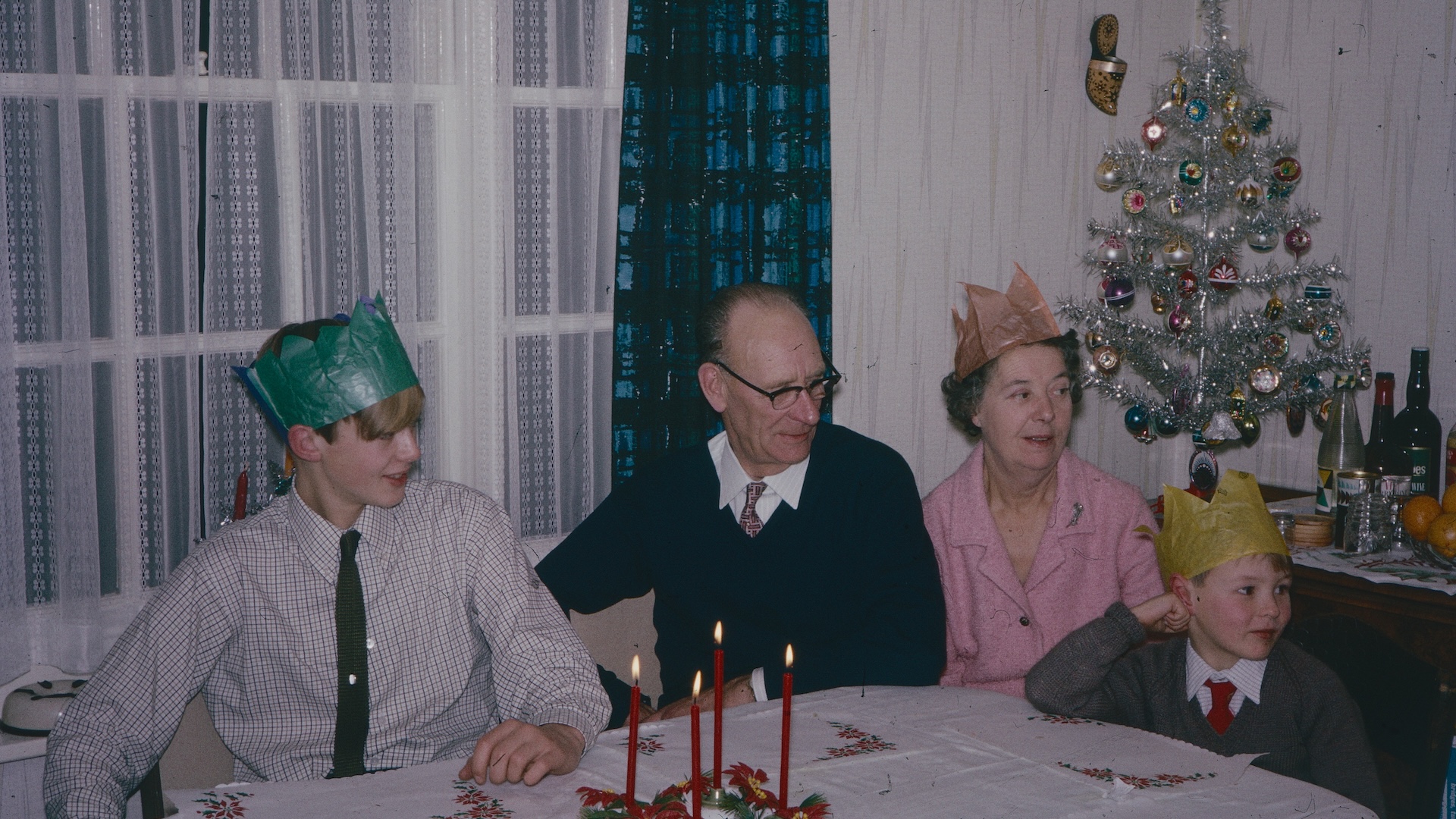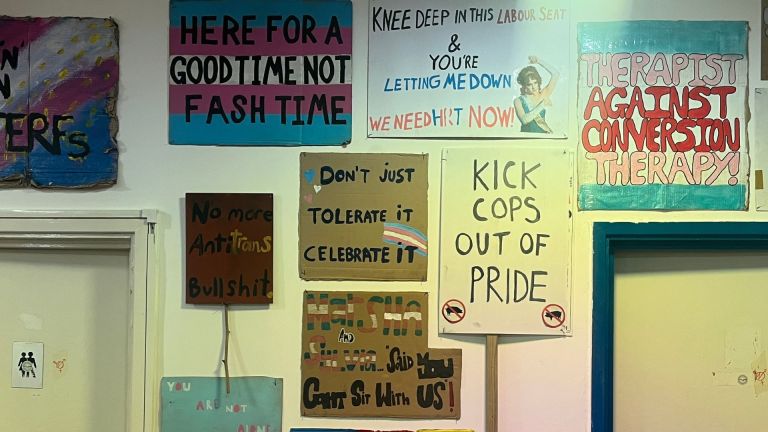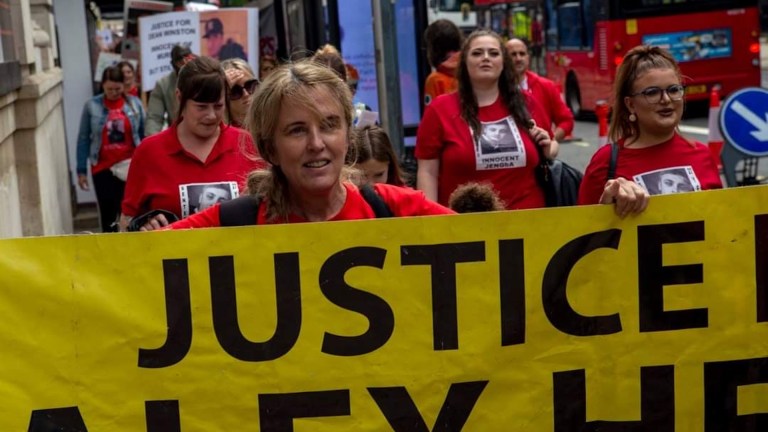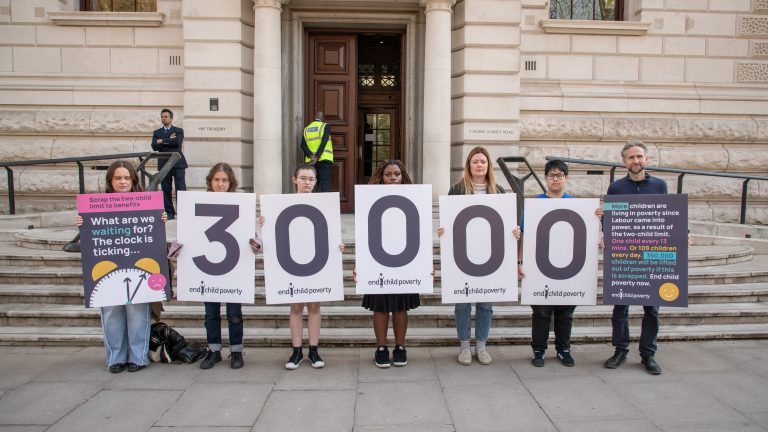Christmas is “a little bit lonelier and less joyous or magical” than it was 55 years ago, according to new research.
One in nine people in the UK have said they will spend Christmas alone this year, more than double the share of people seen 55 years ago, when one in 20 people spent Christmas alone.
The study by the Policy Institute at King’s College London compares behaviours over the festive period in 2024 to those in 1969, based on two nationally representative surveys of adults over the age of 21.
- Christmas is out’: Meet the pensioners cancelling Christmas over Labour’s winter fuel payment cuts
- The dark side of Christmas: Inside the factories where children are forced to make gifts and toys
It found that the number of people aged 65 and over will spend Christmas alone remains the same over this period, at 15%, but it has risen among all other age groups.
The biggest increase has been seen in young people aged 21 to 34, of whom one in 11 will be alone this Christmas. That is up from one in 100 in 1969.
Eight in 10 people today say they enjoy Christmas, which is down slightly from 55 years ago, when 86% of people enjoyed Christmas.










